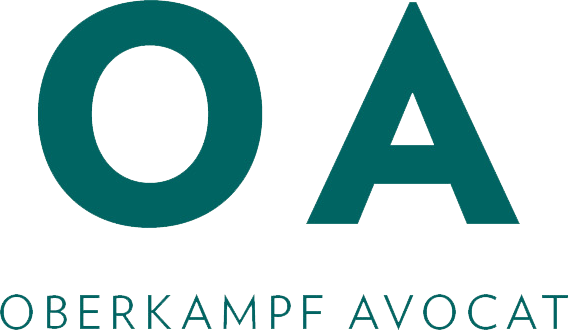Key highlights from May 2022 in the sustainability space.
New mandatory climate disclosures in Canada – Beginning in 2024, federally regulated banks and insurers will be required to provide climate disclosures in Canada, in alignment with the TCFD framework. Recognizing that “Climate change and the global response to the threats it poses have the potential to significantly impact the safety and soundness of federally regulated financial institutions, and the financial system more broadly”, the Guidelines aim to support these institutions in developing greater resilience to these risks. The proposed draft is entering a public consultation process and is open for comments.
Clarifying the scope of the Alien Tort Statute – This month, two US Senators introduced the Alien Tort Statute Clarification Act (ATSCA) in an attempt to clarify the extraterritorial application of the Alien Tort Statute. Finding that “The Alien Tort Statute should be available against those responsible for human rights abuses whenever they are subject to personal jurisdiction in the United States, regardless of where the abuse occurred”, the ATSCA would amend the ATS to clarify that it applies to human rights abuses committed by a national of the United States, an alien lawfully admitted for permanent residence in the United States, or an alleged defendant that is present in the United States, irrespective of the nationality of the alleged defendant. This Act, if passed, would significantly improve the prospects of strategic litigations in US courts concerning violations of human rights abroad.
SEC’s ESG disclosure proposal – When ESG investment includes a “wide range” of funds managing potentially trillions of dollars under management, the Securities and Exchange Commission is proposing to amend the rule under the Investment Company Act that addresses certain broad categories of investment company names that are likely to mislead investors about an investment company’s investments and risks. With the stated design “to increase investor protection” the proposal seeks to improve and clarify the disclosure and recordkeeping requirements for certain funds with a name suggesting an ESG focus.
ESG & Public procurement in France – Decree nº2022-767, which amends the French public procurement Code, halves the spending threshold above which regulated public buyers must design a plan promoting socially and environmentally responsible buys. From 100 million, the new threshold is fixed at 50 million and will be effective starting January 1, 2023.
ESG ratings, the TESLA test – As Tesla Inc. was dropped from the S&P 500 ESG index, its CEO immediately reacted calling ESG “a scam”. The globally recognized sustainability index that ranks companies in terms of their environmental, social and governance (ESG) standards also excluded Chevron Corp and Johnson & Johnson, among other others. Justifying its decision, S&P cited claims of racial discrimination, poor working conditions at a Tesla factory in California, Tesla’s handling of an investigation by the National Highway Traffic Safety Administration after multiple deaths and injuries were linked to the company’s Autopilot system as well as the company’s lack of low carbon strategy. Regardless of Tesla’s shortcomings, the exclusion of the electric carmaker’s from the index while companies such as Amazon or Exxon Mobil remain listed raises the question of what weight should be given to a company’s social and environmental impact in absolute terms rather than relative to its peers.
BNP Paribas’s ambitious climate pledge – In its 55-page Climate Analytics and Alignment Report, BNP Paribas commits not to finance any oil and gas projects and related infrastructure in the Arctic and in the Amazon regions. This geographical exclusion is a first in the industry and its impact will be closely watched.
